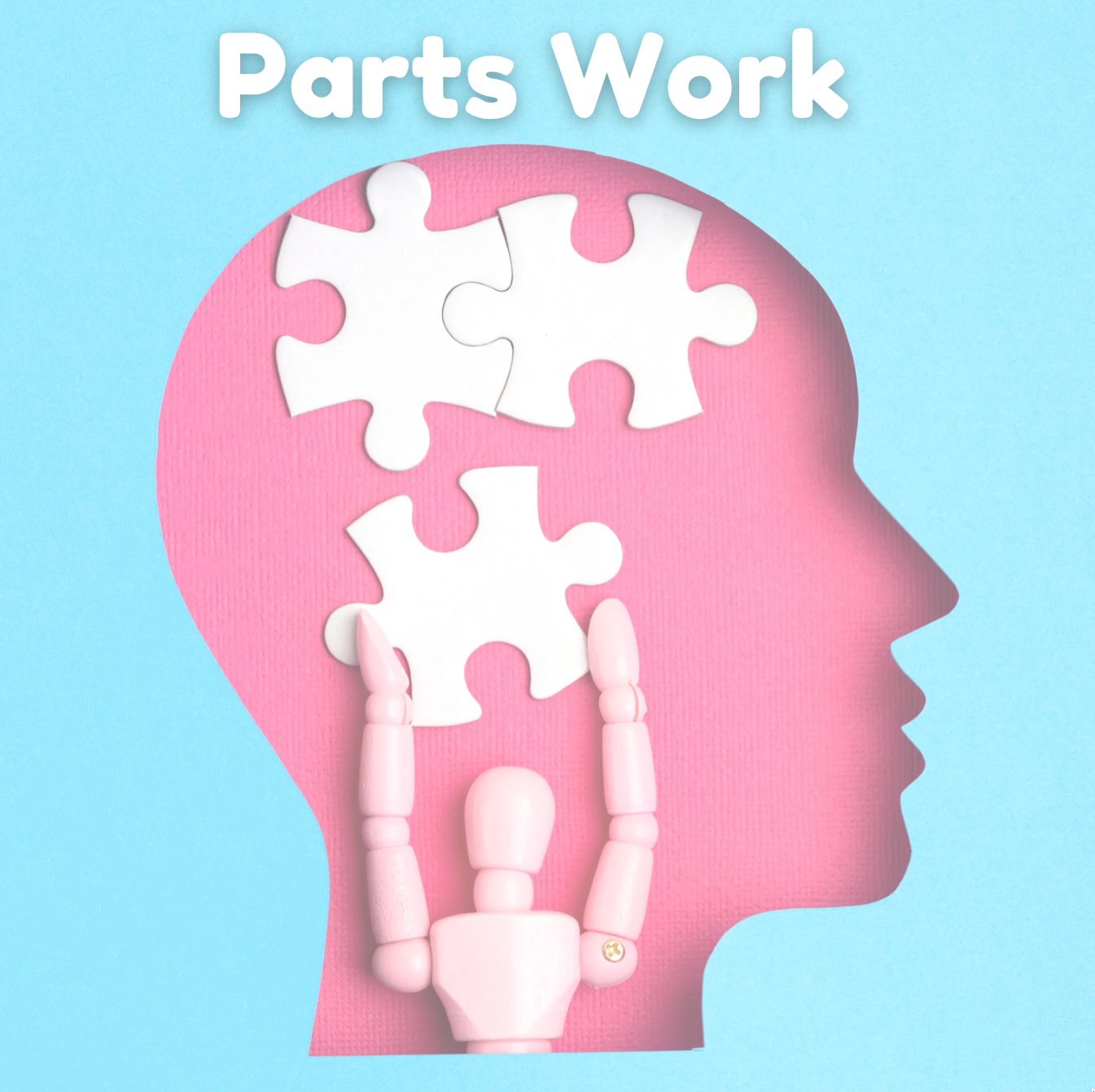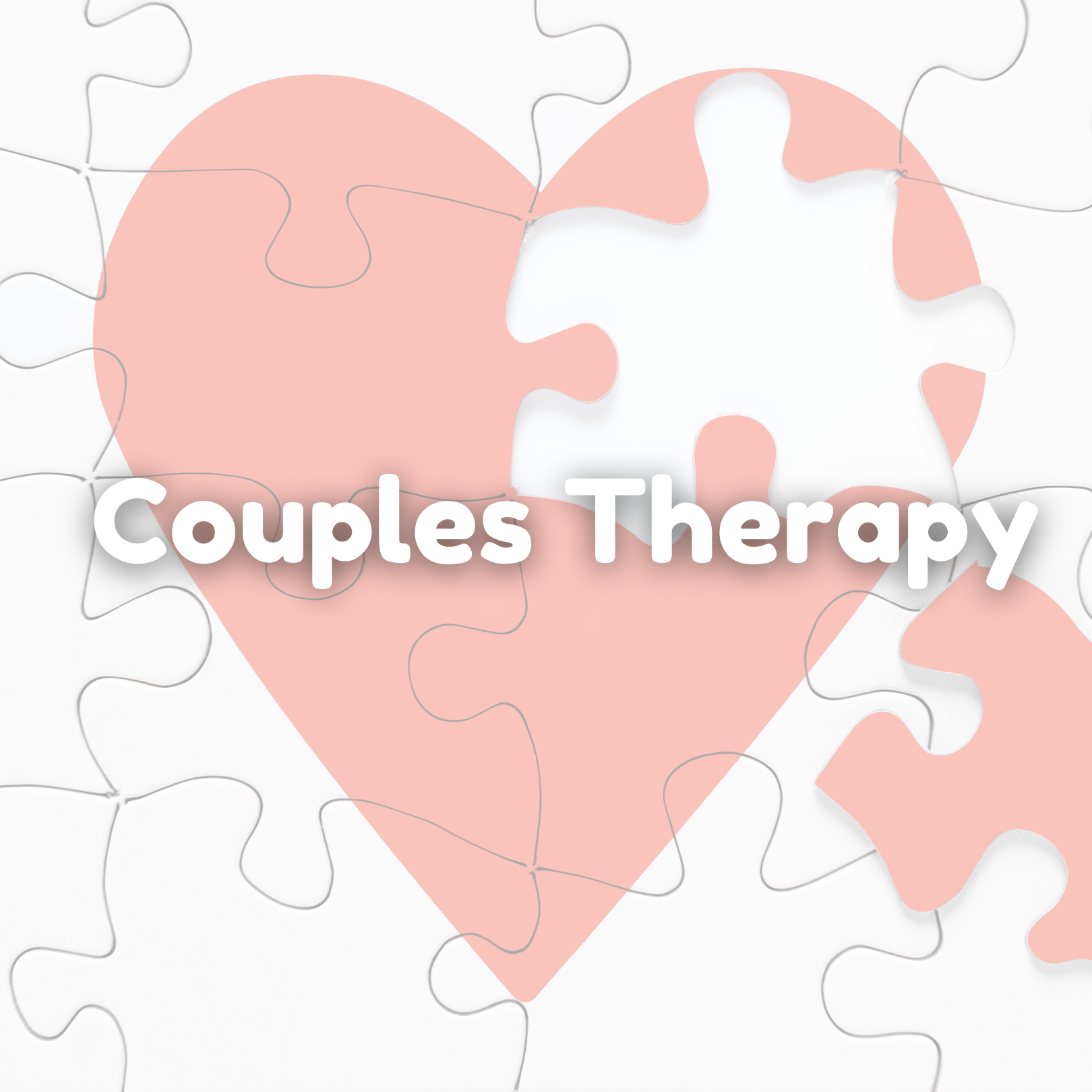Welcome to Collaborative Connections Counselling
Feeling overwhelmed at home, work, or school? Struggling with anxiety, past trauma, or challenges that won’t seem to shift? Relationship challenges? You’re not alone—and you don’t have to face it alone.
Collaborative Connections Counselling is a Bendigo-based service offering gentle, effective, and personalised support. If traditional talk therapy hasn’t worked for you, we offer something different: therapy that’s creative, tailored, and designed to help you feel truly supported.
We can help with:
✔️ Anxiety and stress
✔️ Depression and low mood
✔️ Trauma and unresolved past experiences
✔️ Grief and loss
✔️ Self-esteem issues and lack of motivation
✔️ Relationship and interpersonal challenges
✔️ Emotional regulation and life transitions
Trauma specialist, counsellor, and couples therapist based in Bendigo but providing support Australia wide
At Collaborative Connections Counselling, we offer integrative, person-centred counselling that’s shaped around you—not the other way around. Each session is tailored to meet your individual needs, drawing on a range of approaches such as Cognitive Behavioural Therapy (CBT), Solution-Focused Therapy, Parts Work, and Impact Therapy to support lasting change.
We also provide couples therapy, helping partners improve communication, rebuild trust, and strengthen connection.
In addition, we specialise in Eye Movement Therapies, including Eye Movement Integration Therapy (EMIT) and EMDR—powerful, evidence-based methods that can help you process trauma and emotional distress safely and effectively, often in fewer sessions.
📍 Located in Golden Square, Bendigo (opposite St John of God Hospital)
💻 In-person and Telehealth available Australia wide
🎯 First session is free—no pressure or obligation
Take the next step. Let’s explore how counselling can help you live the life you want.
Your Journey With Us
We understand how daunting it can be to take the first step. This is an outline of the first stages of your therapeutic journey:
Book an Appointment: Call, text, or email to schedule an initial session at a time that suits you. We provide in person appointments, and telehealth appointments for those out of town.
Intake Appointment: You then come to our office for a face-to-face chat, which provides us with the chance to see if we think we will both work well together. Intake sessions have no costs attached so that you are not out of pocket if you feel our service is not aligned with your needs.
First Counselling Session: Your first counselling session allows you to talk about your goals, concerns, relevant history, and what you’d like to achieve. We listens without judgement and together we will create an approach that works for you.
Personalised Support: We understand a range of evidence-based approaches that can support your treatment, such as:
Our Services and Approaches
At Collaborative Connections Counselling, we take an inclusive and person-centred approach to every session. We provide a safe, welcoming, and non-judgemental space where people of all backgrounds, identities, and beliefs can explore their experiences with compassion and understanding. Each session is tailored to the individual’s unique needs, values, and goals, empowering them to take an active role in their healing. By combining evidence-based therapies with empathy, creativity, and collaboration, we aim to help every client feel seen, heard, and supported as they move toward lasting growth and wellbeing.
Integrative Counselling
Integrative Counselling means the therapy is shaped around you—not the other way around. There’s no single approach that fits everyone, so I draw from a range of proven methods like Cognitive Behavioural Therapy (CBT), Solution-Focused Therapy, and Impact Therapy to meet your individual needs. Together, we work on what matters most to you, at your pace, in a way that feels right. This flexible and respectful approach is ideal for people dealing with trauma, anxiety, grief, relationship issues, or life transitions. It’s about creating a path forward that truly fits who you are.
Eye Movement Integration (EMI) Therapy
EMI Therapy is a gentle, evidence-based approach that helps the brain process and heal from distressing memories, trauma, anxiety, and other emotional challenges. During EMI, you're guided through smooth, structured eye movements while holding a memory or feeling in mind. This supports the brain in "unfreezing" stuck experiences and creating new, healthier connections. EMI is non-invasive, doesn't require retelling painful stories in detail, and allows you to stay in control throughout the process. Many people experience a greater sense of calm, clarity, and relief after just a few sessions.
Eye Movement Desensitisation and Reprocessing (EMDR)
EMDR is a powerful therapy used to help people recover from trauma, anxiety, phobias, and distressing memories. It works by using guided eye movements (or gentle taps or sounds) while you focus on a troubling memory. This helps your brain reprocess the memory so it feels less upsetting and more manageable. You don’t need to talk about the memory in detail, and you remain in control at all times. EMDR is backed by research and often leads to long-lasting results in fewer sessions. Many people feel lighter, calmer, and more in control after EMDR.
Parts Work
Parts Work recognises that we all have different sides of ourselves—each with its own thoughts, feelings, and needs. Some parts protect us, others carry pain, and some help us get through the day. In therapy, we explore these parts with curiosity and compassion, helping them work together instead of against each other. This approach blends beautifully with Eye Movement Desensitisation and Reprocessing (EMDR). While EMDR helps the brain process and release distressing memories, Parts Work supports the inner harmony that follows—so healing feels safe, balanced, and complete. It’s a gentle, empowering way to understand yourself more deeply and move toward lasting emotional wellbeing.
Solution-Focused Therapy
Solution-Focused Therapy is all about building on what’s already working, rather than staying stuck on what’s wrong. Together, we look for the strengths, resources, and moments of success that already exist in your life—even if they feel small right now. By focusing on your goals and what’s possible, we create practical steps that move you toward meaningful change. This approach is hopeful, collaborative, and empowering. It’s especially helpful for people navigating challenges like anxiety, low confidence, relationship issues, or major life transitions. Every conversation is designed to highlight your progress, remind you of your capabilities, and help you take the next step forward with clarity and confidence.
Couples Therapy
Every relationship faces moments of disconnection, tension, or silence that can feel impossible to bridge. Couples therapy offers a space to slow down, listen differently, and rebuild the emotional safety that allows love to grow again. Grant works with couples to strengthen communication, deepen understanding, and rediscover shared purpose. Using Gottman Method Couples Therapy and other evidence-based approaches, sessions explore what helps relationships thrive—trust, empathy, and repair after conflict. Whether you’re navigating change, recovering from betrayal, or simply wanting to reconnect, couples counselling provides tools and insights to move forward together with clarity and respect.
Coming Soon
Accelerated Reprocessing Therapy
Accelerated Resolution Therapy (ART) is a brief, evidence-based psychotherapy that helps people resolve trauma, anxiety, grief, and other emotional difficulties—often within just 1 to 5 sessions. ART uses guided eye movements and visualisation techniques to help the brain reprocess distressing memories and sensations, allowing clients to feel calmer, more in control, and less burdened by the past.
One of ART’s unique strengths is that clients do not need to talk through traumatic events in detail. This makes it a gentle, empowering option—particularly for people who find traditional talk therapy overwhelming. ART can be highly effective for PTSD, depression, phobias, pain, and other stress-related symptoms.
We will soon be offering ART as part of my counselling services. It will complement my integrative approach, EMIT, and EMDR—providing clients with another powerful tool to support lasting healing and emotional wellbeing.
Danie Beaulieu: developer of EMI and Impact Therapy, author and consultant
“Metaphorically, traumatic memories are like chlorine: they are caustic and damaging in concentrated form. EMI Allows that chlorine to be diluted with clear, healthful water in the form of healing information, rendering the traumatic memories harmless and even purifying, in the same way that chlorine added to drinking water supply or a swimming pool is purifying.”
Laural Parnell: author, consultant and trainer of EMDR
“Why EMDR? EMDR works fast, is integrative, doesn’t necessitate prolonged exposure (which can be re-traumatizing), and requires no homework. It activates natural processing capacities of the brain that are frozen and deactivated by trauma. It re-establishes disrupted communication between the brain regions impacted by traumatic experience and enables the traumatized brain to heal In addition to the treatment of PTSD, EMDR is also used to treat the psychological effects of smaller traumas that manifest in symptoms of depression, anxiety, phobias, low self-esteem, creativity blocks, and relationship difficulties.”
Katherine Andler: author of EMDR texts
“Research has indicated that the bilateral eye movements performed in EMDR may replicate the rapid eye movements (REM) during the dream stage of sleep. Scientists have long believed that during REM sleep our brains process the events of the day, including our emotions, beliefs and physical sensations.”
Laney Rosenzweig - ART Founder
“Accelerated Resolution Therapy (ART) is a unique approach to psychotherapy. ART is unique because the ART Therapist guides the client to replace the negative images in the mind that cause the symptoms of Post-Traumatic Stress with positive images of the client’s choosing. And this is done quickly, most often within one session! Once the negative images have been replaced by positive ones, the triggers will be gone. Nightmares and repeated intrusive thoughts will stop.”














